- Home
- Features
- Movies/Media
- Collectibles
- Comics/Books
-
Databases
-
Figure Database
>
-
X-Plus Toho/Daiei/Other
>
- X-Plus 30 cm Godzilla/Toho Part One
- X-Plus 30 cm Godzilla/Toho Part Two
- X-Plus Large Monster Series Godzilla/Toho Part One
- X-Plus Large Monster Series Godzilla/Toho Part Two
- X-Plus Godzilla/Toho Pre-2007
- X-Plus Godzilla/Toho Gigantic Series
- X-Plus Daiei/Pacific Rim/Other
- X-Plus Daiei/Other Pre-2009
- X-Plus Toho/Daiei DefoReal/More Part One
- X-Plus Toho/Daiei DefoReal/More Part Two
- X-Plus Godzilla/Toho Other Figure Lines
- X-Plus Classic Creatures & More
- Star Ace/X-Plus Classic Creatures & More
-
X-Plus Ultraman
>
- X-Plus Ultraman Pre-2012 Part One
- X-Plus Ultraman Pre-2012 Part Two
- X-Plus Ultraman 2012 - 2013
- X-Plus Ultraman 2014 - 2015
- X-Plus Ultraman 2016 - 2017
- X-Plus Ultraman 2018 - 2019
- X-Plus Ultraman 2020 - 2021
- X-Plus Ultraman 2022 - 2023
- X-Plus Ultraman Gigantics/DefoReals
- X-Plus Ultraman RMC
- X-Plus Ultraman RMC Plus
- X-Plus Ultraman Other Figure Lines
- X-Plus Tokusatsu
- Bandai/Tamashii >
- Banpresto
- NECA >
- Medicom Toys >
- Kaiyodo/Revoltech
- Diamond Select Toys
- Funko/Jakks/Others
- Playmates Toys
- Art Spirits
- Mezco Toyz
-
X-Plus Toho/Daiei/Other
>
- Movie Database >
- Comic/Book Database >
-
Figure Database
>
- Marketplace
- Kaiju Addicts
|
The Black Scorpion is a 1957 black-and-white Mexican-American giant insect horror film from Warner Bros., produced by Jack Dietz and Frank Melford, directed by Edward Ludwig, that stars Richard Denning, Mara Corday, Carlos Rivas and Mario Navarro. The film's stop motion animation special effects were created by Willis O'Brien.
After killing a crew of telephone repairmen, the scorpions turn their attention to San Lorenzo itself, with the guns of Major Cosio's troops having no effect on them. The next morning, the scorpions have returned to their underground lair (which, in addition to the scorpions, is home to giant worms and spiders), leaving the authorities to seek the help of renowned entomologist Dr. Velasco. It is up to him, Hank, and Arturo to figure out a way to either destroy the scorpions or seal off the entrance to their cavern home, before more innocent lives are put at risk. Despite collapsing the cave entrance, the giant scorpions make it to the surface and destroy a train, killing some passengers, and before fighting among themselves. In the end, one scorpion, the largest of the group, kills all of the smaller ones, and heads for Mexico City. Hank and Arturo come up with a plan to lure it to a stadium, where the military is waiting with tanks and helicopters. Using a truckload of meat from a butcher shop, they manage to lure the scorpion into the stadium where the military's weapons again prove useless against its armor. However, Hank manages to finish it off by using an electric cable attached to a spear and shooting it into its throat, which is its only vulnerable spot. After destroying several tanks and helicopters, the surviving fighters detonate the electric charge, finally slaying the last scorpion. Cast
Production Special effects Willis O'Brien, creator of the stop-motion effects for the original King Kong, was the special effects supervisor, albeit on a smaller budget. Pete Peterson, who worked with O'Brien on Mighty Joe Young and would again on The Giant Behemoth, did most of the actual hands-on animation. O'Brien borrowed heavily from other previous movies for the special effects in this film. The models used for the trapdoor spider and the giant tentacled worm have been reported to be the same ones that were used in the famous "Lost Spider Pit Sequence" from the original King Kong. However, biographers dispute whether O'Brien saved his models, and Ray Harryhausen's An Animated Life noted that many models used in Kong were still in storage at RKO in the 1950s, by which time many were decayed. The sounds made by the scorpions were recycled from the ant sound effects from the movie Them! A large-scale scorpion "head" was used for close-up reaction shots, but the head's human-like features distracted from the realism of O'Brien's animated models. Trivia
Willis H. O'Brien and Pete Peterson began filming the special effects of this film in a large remodeled dressing room at the Tepeac Studios in Mexico City, but when money became tight they finished the picture in Peterson's garage in Encino, California. That giant worm with the "octopus-like arms" seen in this film is a prop from the unused spider pit sequence from the original King Kong (1933). The sounds of the scorpions are the same sounds as the ant chirps in Them! (1954). The volcano shown at the beginning was Paricutin which erupted in 1943 and was active for about a decade. The trapdoor spider that attacks Juanito in the scorpions' underground home is one of the original models left over from the famous deleted spider sequence in King Kong (1933). While filming the stop-motion effects at Tepeac Studios, O'Brien and Peterson were assisted with miniature set construction by Ralph Hammeras, who was at the same studio filming the visual effects for The Giant Claw (1957).
1 Comment
|
Release Dates
November 2023
|
|
© 2011-2024 Kaiju Battle. All Rights Reserved.
|
Visit Our Social Media Sites
|
Proudly powered by Weebly
|
- Home
- Features
- Movies/Media
- Collectibles
- Comics/Books
-
Databases
-
Figure Database
>
-
X-Plus Toho/Daiei/Other
>
- X-Plus 30 cm Godzilla/Toho Part One
- X-Plus 30 cm Godzilla/Toho Part Two
- X-Plus Large Monster Series Godzilla/Toho Part One
- X-Plus Large Monster Series Godzilla/Toho Part Two
- X-Plus Godzilla/Toho Pre-2007
- X-Plus Godzilla/Toho Gigantic Series
- X-Plus Daiei/Pacific Rim/Other
- X-Plus Daiei/Other Pre-2009
- X-Plus Toho/Daiei DefoReal/More Part One
- X-Plus Toho/Daiei DefoReal/More Part Two
- X-Plus Godzilla/Toho Other Figure Lines
- X-Plus Classic Creatures & More
- Star Ace/X-Plus Classic Creatures & More
-
X-Plus Ultraman
>
- X-Plus Ultraman Pre-2012 Part One
- X-Plus Ultraman Pre-2012 Part Two
- X-Plus Ultraman 2012 - 2013
- X-Plus Ultraman 2014 - 2015
- X-Plus Ultraman 2016 - 2017
- X-Plus Ultraman 2018 - 2019
- X-Plus Ultraman 2020 - 2021
- X-Plus Ultraman 2022 - 2023
- X-Plus Ultraman Gigantics/DefoReals
- X-Plus Ultraman RMC
- X-Plus Ultraman RMC Plus
- X-Plus Ultraman Other Figure Lines
- X-Plus Tokusatsu
- Bandai/Tamashii >
- Banpresto
- NECA >
- Medicom Toys >
- Kaiyodo/Revoltech
- Diamond Select Toys
- Funko/Jakks/Others
- Playmates Toys
- Art Spirits
- Mezco Toyz
-
X-Plus Toho/Daiei/Other
>
- Movie Database >
- Comic/Book Database >
-
Figure Database
>
- Marketplace
- Kaiju Addicts

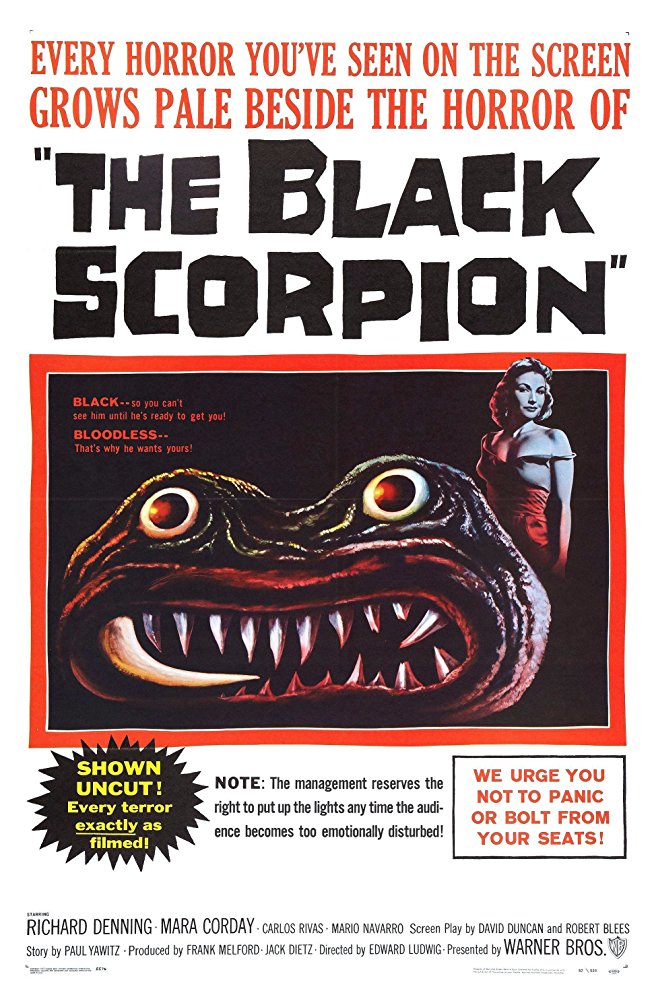
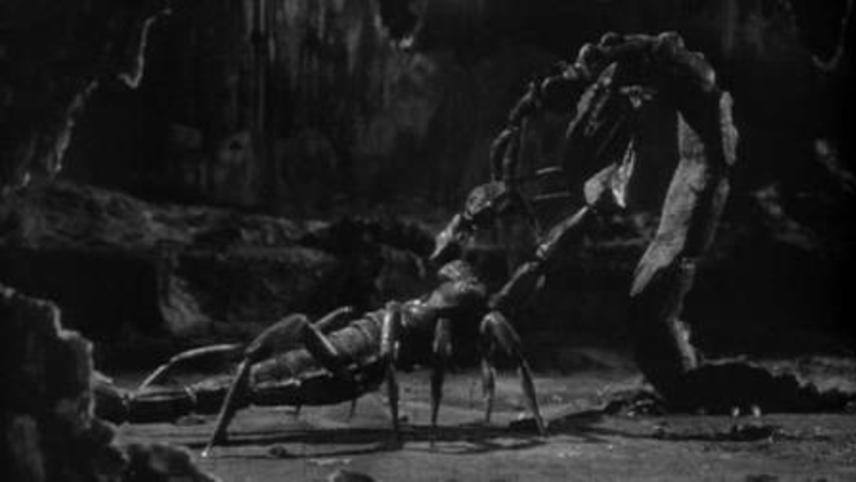
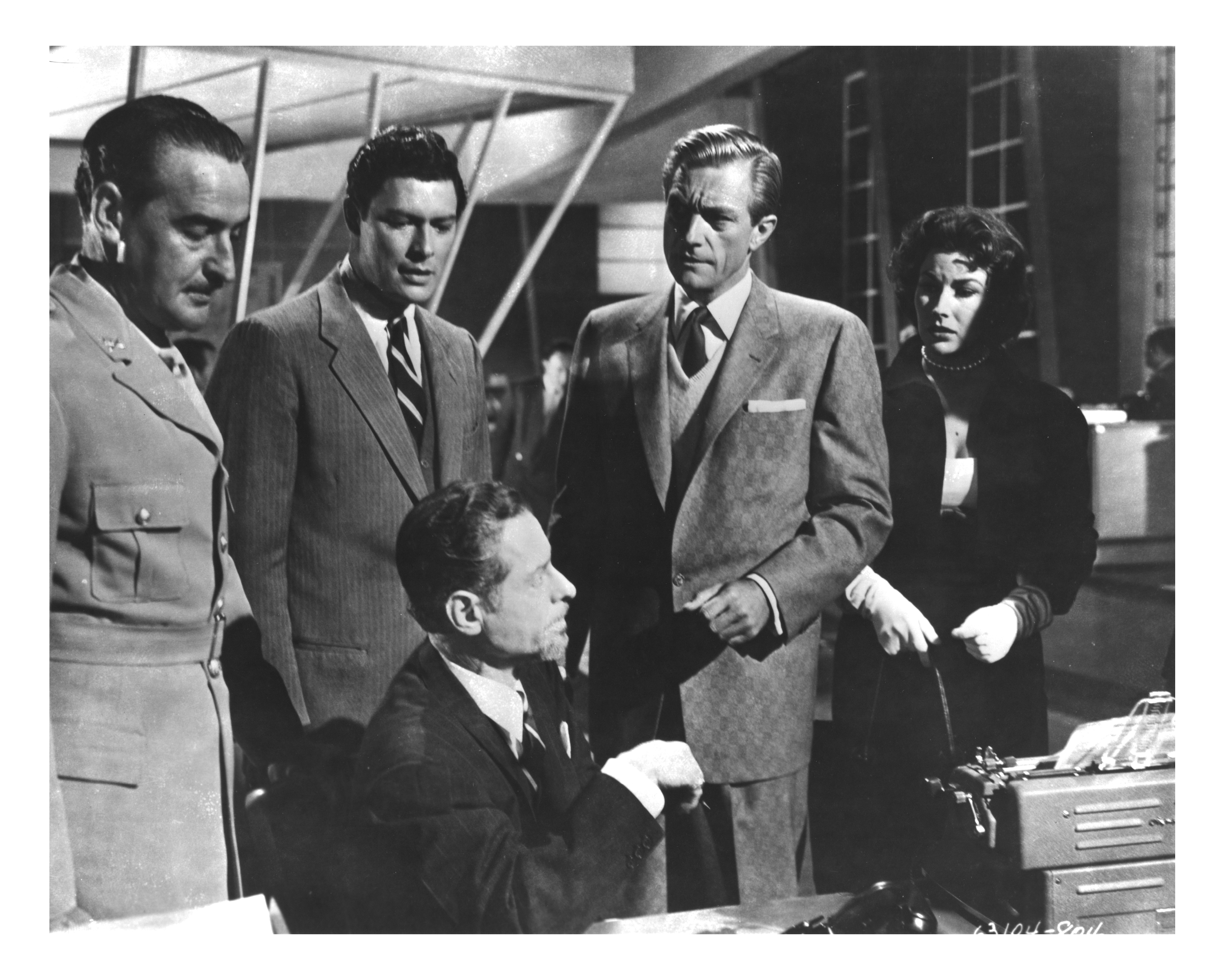
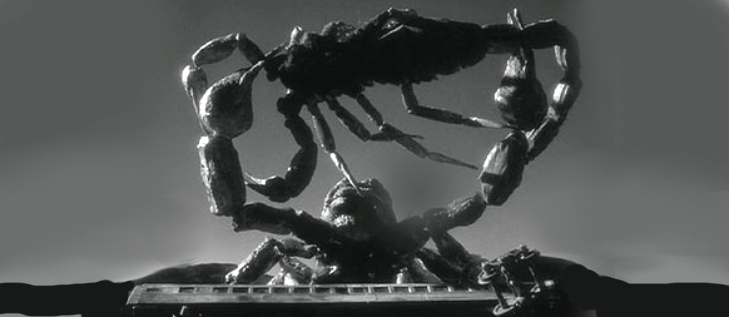
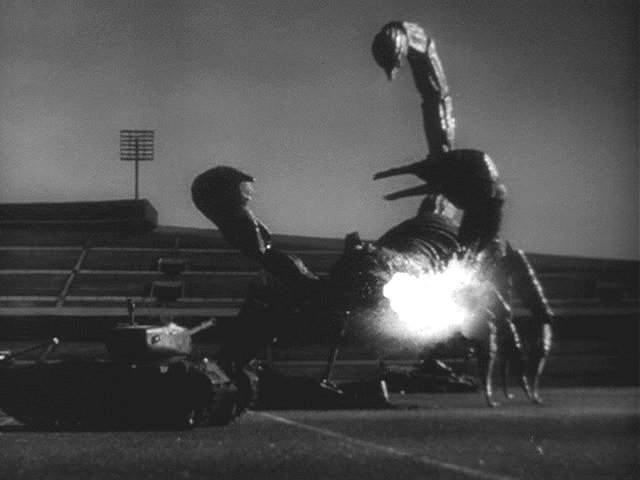
 RSS Feed
RSS Feed